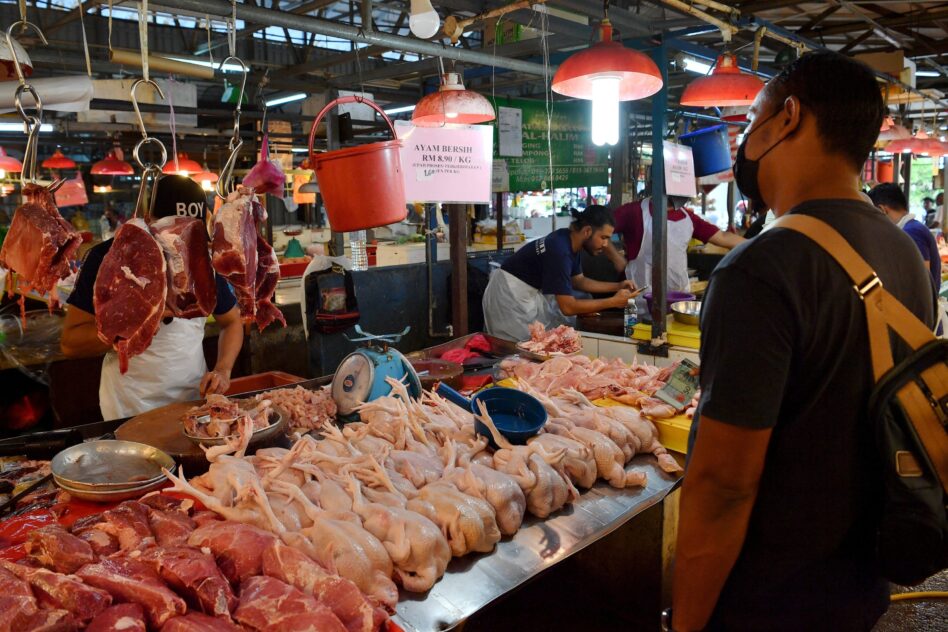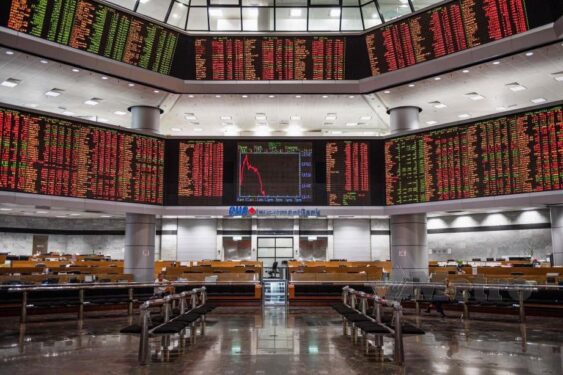As the movement control order (MCO) and lockdowns are being implemented in Malaysia and other developed countries around the world, the global economy seemed to take a massive hit with the world gross domestic product (GDP) expected to fall by 3.7%, according to Fitch Ratings.
But it seems like the gig economy managed to dodge the COVID-19 bullet as the number of gig workers continue to rise, especially for e-hailing and delivery services.
Admittedly, the Government played a part in the increased number of gig economy workers by easing lockdowns in certain areas of the country – though it may also have caused ‘another type’ of increase as well.
Either way, it is believed that the number of people involved in the gig economy is expected to be even higher than the number of workers being laid-off and of those facing income cuts, even though the lockdowns are the reason they lost their jobs in the first place.
Bernama reported that in the first and second quarter of the year (1Q & 2Q 2020), the e-hailing sector recorded a revenue contraction of 16% and 68.8% respectively due to the MCO and conditional MCO (CMCO).
But in 3Q, the sector experienced a strong rebound of 237.8% revenue growth as economic activities reopened starting June 10.
That being said, the number of licenses given to e-hailing companies operating in the country still declined by 25% to 33 licenses in November 2020 compared to 44 licenses in the same month last year.
Meanwhile, revenue for food delivery services grew 7.3% in 1Q 2020 and 14.5% in 2Q 2020 as demand for the service skyrocketed during the MCO and CMCO period.
But as businesses and restaurants began to receive permission to reopen their doors to customers, the food delivery services only experienced a moderate revenue growth of 1.9% in 3Q 2020.
Of course, the growth of the local gig economy did not happen on its own. The Government and various agencies have aided the sector through various initiatives and financial assistance:
- The National Economic Recovery Plan allocated RM75 mil to promote the gig economy and provide a social safety net for workers in the informal sector;
- RM50 mil from that in matching grants would be allocated to the gig economy platforms that contribute for their gig workers towards the Social Security Organisation’s (SOCSO) employment injury scheme and the Employees’ Provident Fund i-Saraan scheme;
- RM25 mil will be provided to the Malaysia Digital Economy Corporation (MDEC) to initiate the Global Online Workforce programme to encourage freelancing;
- Additional RM5.3 bil allocation for the Wage Subsidy Programme extension which includes gig economy social protection.
Nevertheless, the Department of Statistics Malaysia (DOSM) expects the gig economy to continue facing hurdles when it comes to the salary or income of its workers given their earnings depend on the demand and availability of customers, jobs or projects, especially during the current pandemic situation. – Dec 14, 2020










